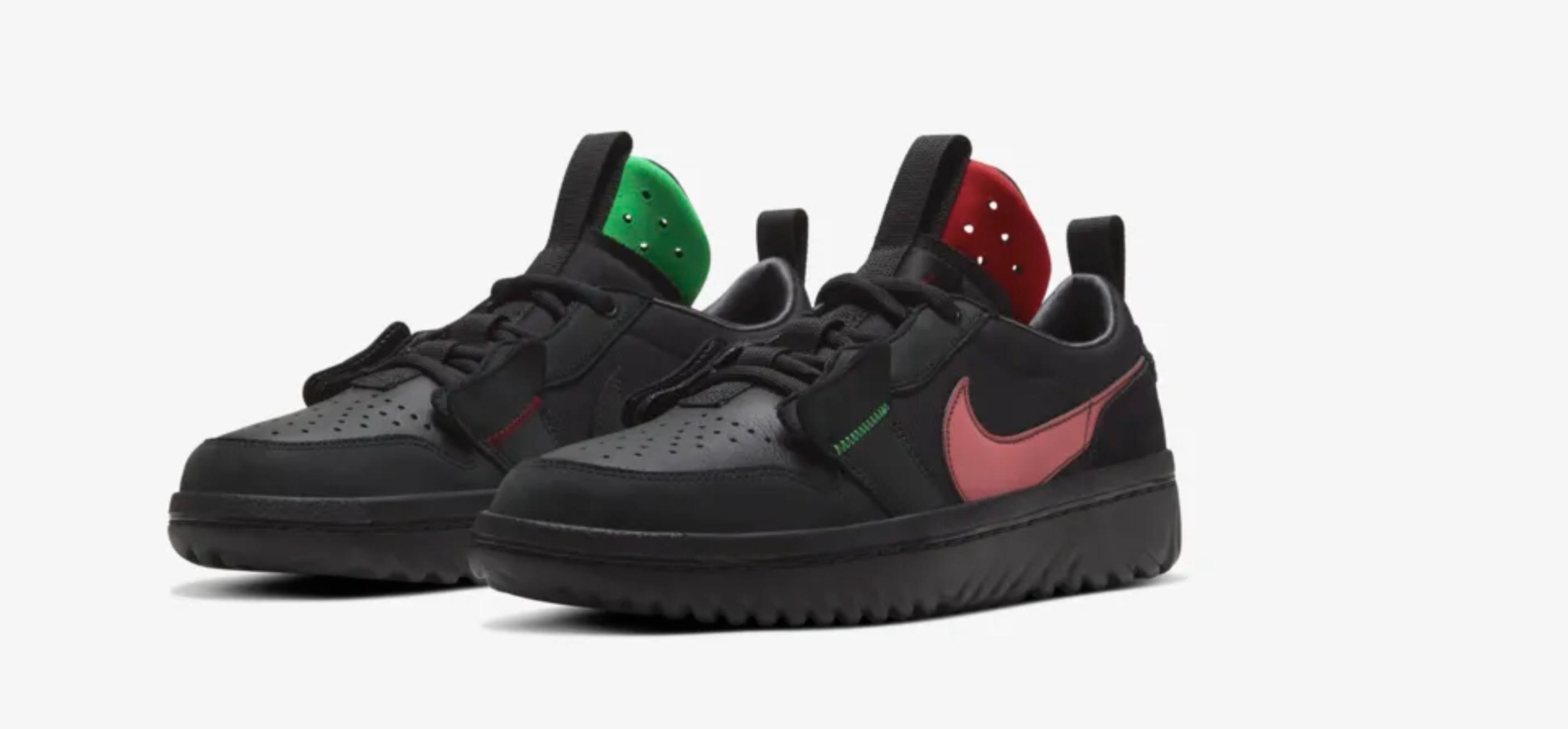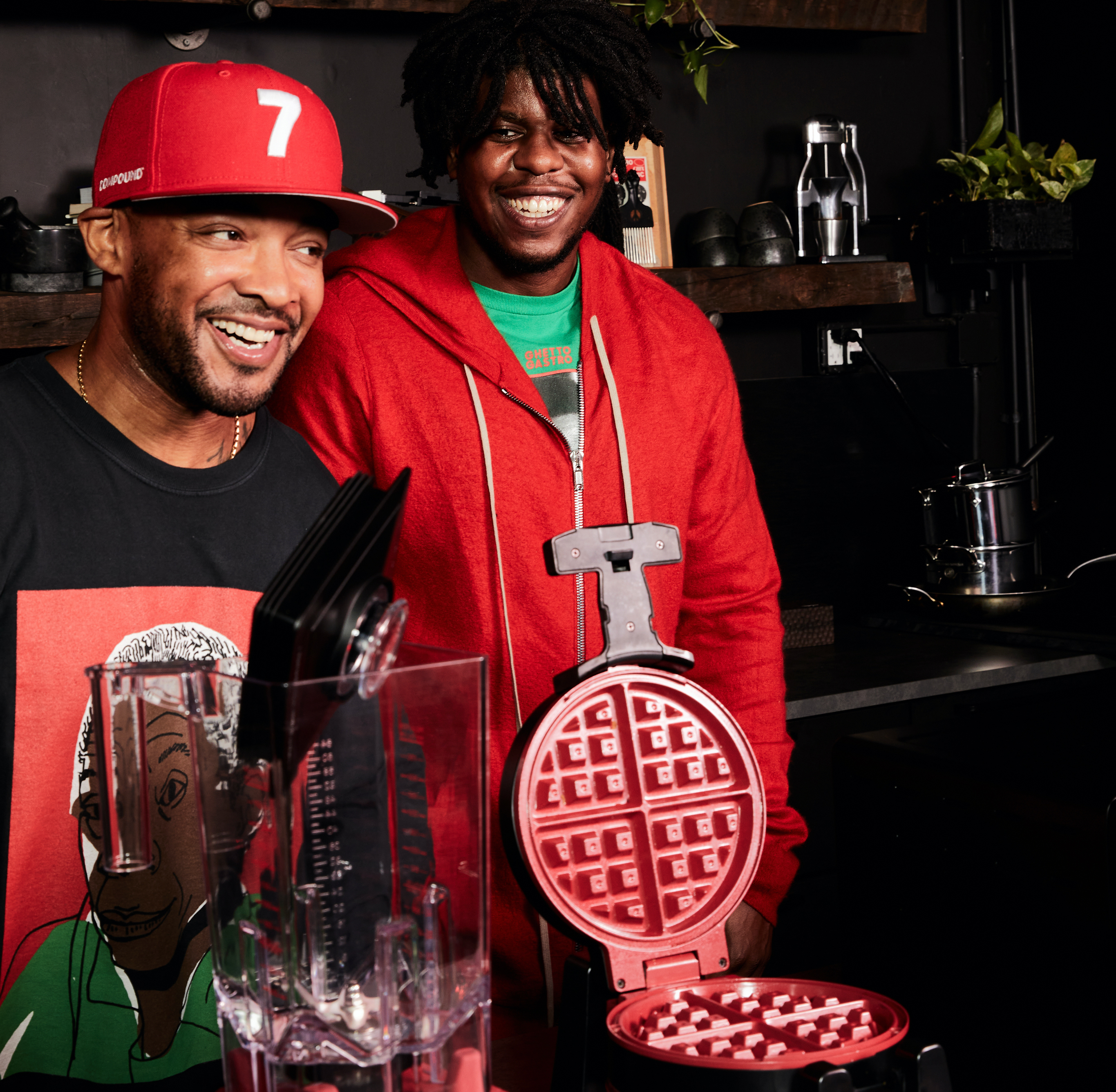Access to healthy food is structurally biased.
African-Americans are 2.5x more likely than whites to live in neighborhoods without access to a full-service grocery store and food stores in communities of color are less likely to stock healthy foods, often offer lower quality items, and have higher prices compared to stores in white communities. This creates comparatively higher chronic health conditions for Black communities. This is called Food Apartheid.


Fixing food apartheid is a $1.5TN opportunity.
Grocers that do not invest in the food systems of Black communities, are leaving dollars on the table; after all, Black consumers are projected to wield $1.5 trillion in annual buying power by 2023, and express a desire for healthy, flavorful foods. The opportunity is massive, and smart retailers will serve African Americans the healthy options we want according to Nielsen, "Black Dollars Matter: The Sales Impact of Black Consumers."
Introducing Ghetto Gastro. A collective utilizing food and immersive storytelling to uplift and celebrate their communities, to spark economic empowerment, and to advance social justice.

We are about to scale access to better food, and a better life, for everyone hungry.
Ghetto Gastro is stepping it up in a big way and will launch it's first line of CPG products in 2021. In addition to ensuring their products are accessible in communities that are victims of food apartheid, a portion of the proceeds will be directly invested in the organizations tackling, or the communities that have suffered from, food apartheid.
Ghetto Gastro will tackle food apartheid by showing how food can be a tool for liberation. It’s all about equitable, de-stigmatized food systems that tear down traditional supply and access barriers.


Key Market Insights
Why Squared Circles is invested in the future success of Ghetto Gastro.
Now’s the time for a Black-owned company to enter the market at scale with purposeful food products. The CPG industry desperately needs more diversity and Black-owned businesses are in high demand. There is a deep desire and interest in Black-owned brands and also pressure on retailers to diversify the products on their shelf space. All the while, post-covid individuals are cooking at home more and more comfortable buying DTC food products.




